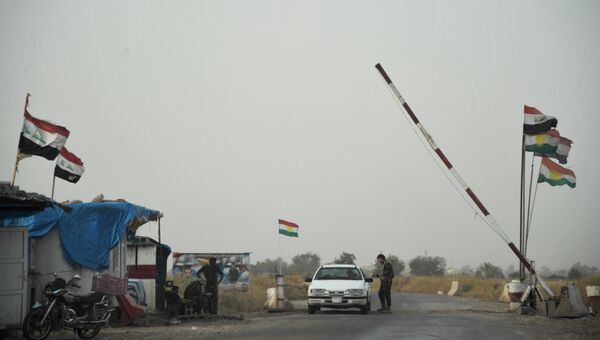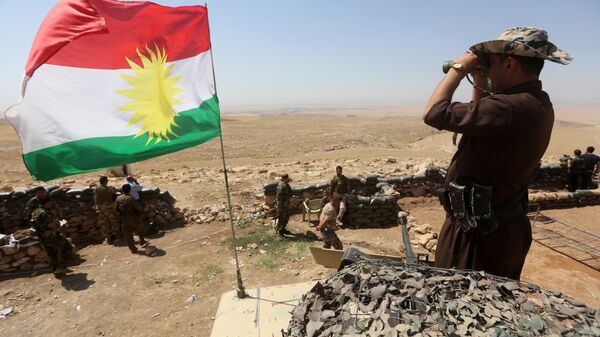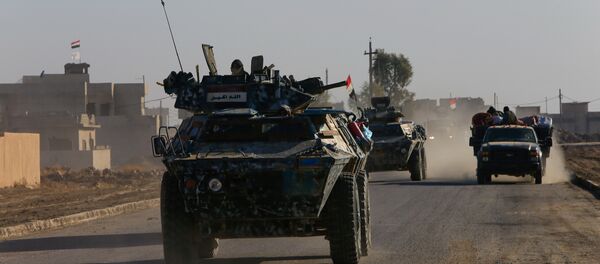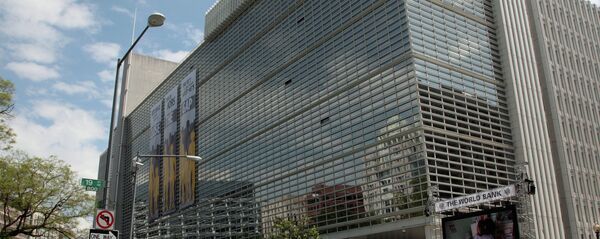On Thursday, the US Department of Defense said that Iraqi forces were in control of 70 to 80 percent of eastern Mosul.
In October 2016, Iraqi forces, backed by a US-led international coalition, began an operation to liberate Iraq's second-largest city from Daesh (ISIL/ISIS) terrorists.
In July 2014, President of Iraqi Kurdistan Masoud Barzani announced his intention to hold a referendum on independence in the coming months.

The organization of the referendum was delayed because the Kurdistan Regional Government became embroiled in the fight against Daesh.
Right now, the leadership of Iraqi Kurdistan, which has a population of six million people, is involved in diplomatic work in Europe and many other countries on the issue of establishing an independent Kurdish state.
"Masoud Barzani is holding talks on Iraqi Kurdistan's independence with Iraqi Prime Minister Haider Al-Abadi and other officials. During the negotiations, Iraq's representatives demonstrated a more positive and constructive approach," Ali Avni said.
He also said that a special commission of Iraqi and Kurdish officials was recently formed to deal with the issue of establishing an independent Kurdish state.
"In addition, this issue will be discussed closely with the Iraqi government after the completion of the operation to liberate Mosul from Daesh. The discussion is expected to help clarify many controversial issues. We want to create an independent Kurdistan as a result of the peace process, without any accidents or clashes," Avni said.
Touching upon the possibility that neighboring countries may oppose Iraqi Kurdistan's independence, Avni expressed hope that if the Iraqi government gives the green light to the initiative, other states will not be able to prevent it.
"After we proclaim the independence of Iraqi Kurdistan, we will build good neighborly relations with our immediate neighbors. The Kurds do not want to quarrel with anyone and we seek to develop friendly ties with Turkey, Iran, Iraq and Syria," he concluded.




